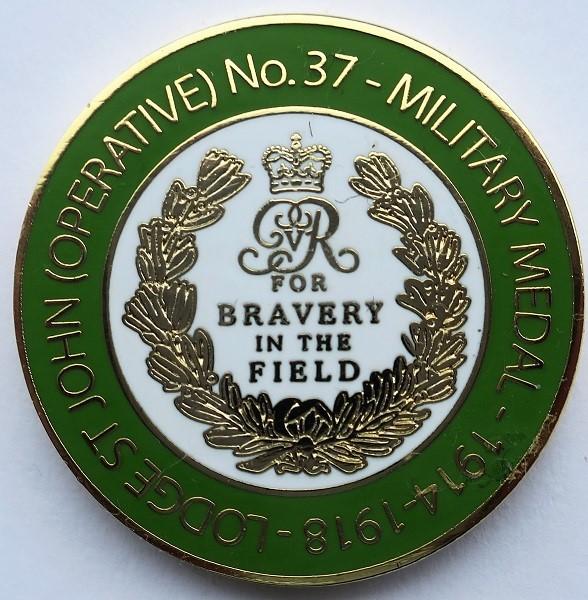
2 minute read
The Masonic Sacrifice
In time of war so great, when all are embroiled, The duty of our countrymen, to volunteer and become soiled. As men of honour, free, accepted and true, Among them brothers and masons, volunteer to see it through.
In fields of the second, and trenches of the first, Masons were involved, whilst war waged its worst. Fighting on Land or Sea, and also in the Air, Tales of derring-do, they fought for what’s fair.
Advertisement
They fell in their thousands, alongside brothers in blood, Duty to Country, masonic ideals, fulfilled as one should. The horrors of war become a tale to be told, Sacrifice of countrymen and masons, all so bold.
In the month of November, on Armistice Day, We remember the fallen, and brothers this way. In services, parades, and odes so true, For our countrymen and Freemason Brothers, Our eternal thanks, belong to you.
By Bro Anthony Wilkins. Penwith Lodge No 8538 & Millennium Lodge No 9708
https://www.masonryrhymes.co.uk/
Bro. Winston Churchill, known as the Prime Minister who won the war, was voted greatest ever Briton the 2002 BBC poll. Although a fairly plain apron, certainly by the very ornate PGL or GL aprons nowadays, it is actually quite a neat apron. If you look closely, the centre rosette has a small square & compasses in the centre while the other two have the five pointed star. The apron can be viewed in the UGLE Museum in London,
Ayr St. Paul No.204 Certificate
Many brethren responded to the call of duty in 1914 onwards and lodges were acutely aware that brethren could and would affiliate or visit lodges wherever posted. As such, some lodge produced certificates for their brethren who were serving as proof of being in good stranding. This is a great example of one such certificate from a ‘military’ lodge, originally known as Ayr and Renfrew Militia St Paul No 271. The founding members of the Lodge were serving in the Ayr and Renfrew Militia and due to the troubles prevailing in Europe, and those closer to home, this Regiment found itself more or less on permanent duty. This of course involved frequent moves around the country and due to this the Freemasons within the Regiment found it almost impossible to form ties with any resident Lodges near where they were stationed so applied to Grand Lodge for their own charter which was received in 1799.











